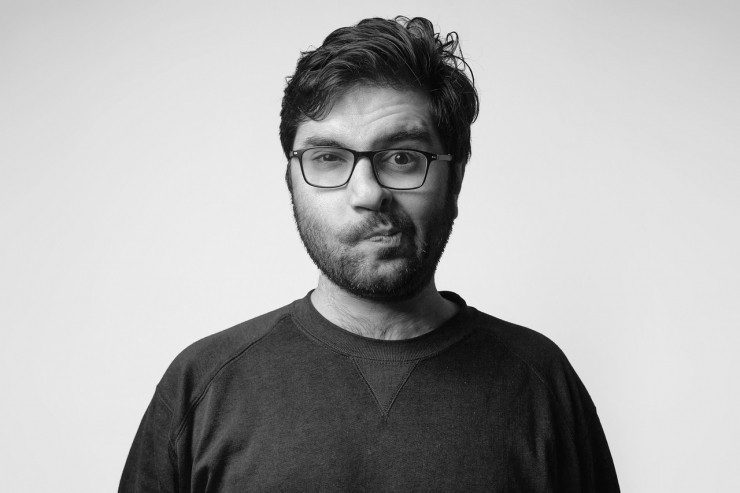Paul Gauselmann: Gambling is not addictive

Paul Gauselmann will be celebrating his 90th birthday on 26 August this year: to mark the occasion, Germany's oldest active gambling entrepreneur is giving a number of interviews, drawing attention to his company with charity campaigns and generally doesn't appear to be getting tired of old age. In an interview with the Rheinische Post newspaper, the Westphalian even chatted about his own gambling habits and said that gambling is not addictive.
Paul Gauselmann, founder of the Gauselmann Group (Merkur Group since 1 January 2024) and one of the most important pioneers of the gaming industry in Germany, is not only known as a successful entrepreneur. The almost 90-year-old's reputation as a person with a clear opinion and quite controversial views also precedes him.
Over the many years of his market presence, he has often criticised the concerns surrounding his gambling offers. He has repeatedly emphasised the personal responsibility of players and the role of strict regulation in minimising problematic behaviour. In various statements, he emphasised that gambling should not be viewed as an addictive substance. He argued that most people gamble in a controlled manner and that only a minority develop problems. In addition, he was always certain that excessive gambling behaviour was not the product of the offer, but could be attributed to personal weaknesses or other external factors.
Furthermore, Gauselmann often defended his company by pointing out that strict regulations and state controls would already prevent gambling offers from getting out of control. Furthermore, it was always clear to him that his company was implementing a wide range of measures to protect players and that the responsibility ultimately lay with the users to use the gambling services responsibly. Just recently, in an interview with Sandra Maischberger, he questioned the usefulness of player bans because it would then be possible to continue gambling unhindered on the Internet.
These and similar lines of argument are part of the public character and image that Gauselmann has given himself and his company over many decades. Not everyone likes this line and it has probably not always been conducive to business. Just in time for his upcoming 90th birthday, the founder of Merkur has once again come up with a statement that is likely to raise eyebrows among addiction researchers, regulators and gamblers alike: Gambling is not addictive.
In what exact context was the statement made?
The Rheinische Post conducted an extensive interview with Paul Gauselmann, which was published on 9 August 2024. Unfortunately, it is currently behind a paywall, which means that not all of the content is available free of charge. However, the statement that gambling is not addictive was quickly included in the reporting of various press organisations, meaning that a significant part of the interview is also well documented and freely accessible outside of the Rheinische Post.
Gauselmann speaks openly about his gambling habits. He says that he has no plans to retire, but is nevertheless grateful for every moment when he doesn't have to deal with the business. He still seeks relaxation in his profession, as can be read in a Spiegel article on the subject. Every day before going to sleep, he plays backgammon, a classic board game that is a mixture of strategy and gambling:
One of my sons gave me a backgammon computer 30 years ago. I play a game every night in bed, no matter when, no matter how late. And as I usually win, it's over after just one game. I fall asleep better after this feeling of happiness.’
He doesn't see himself as having any kind of addiction. He doesn't have to gamble late into the night to calm down. If he realised that he might lose a round, he would simply start all over again. Paul Gauselmann does not understand that gambling is addictive and says literally:
‘Alcohol can be addictive, smoking can also be addictive, but gambling is not.’
Der Spiegel goes on to quote:
‘When you're lonely, you need socialising: you go to the pub or the arcade. There are feelings of happiness there, even if you usually spend more money than you win’.
When the Rheinische Post presents statistics on pathologically addicted people in Germany, Gauselmann does not dispute the corresponding opinions or data, but considers them to be of little significance.
Conclusion
Image source: https://pixabay.com/photos/man-confused-young-male-glasses-5914348/

0 Comments to: Paul Gauselmann: Gambling is not addictive
Our community thrives on your feedback - so let us know what you think!
Would you like to write comments on GambleJoe yourself? Then just create a GambleJoe User Account.